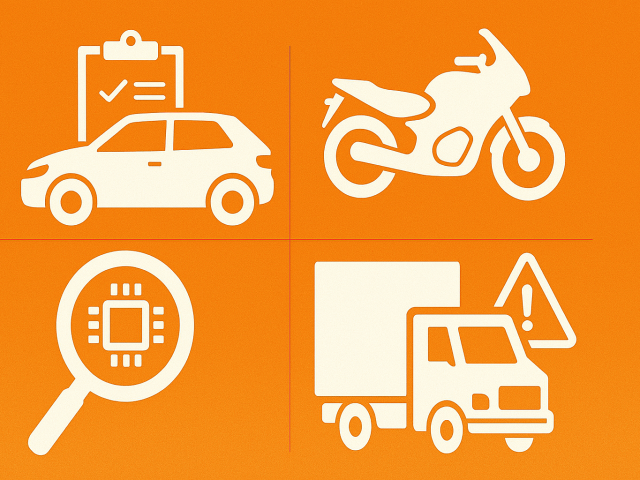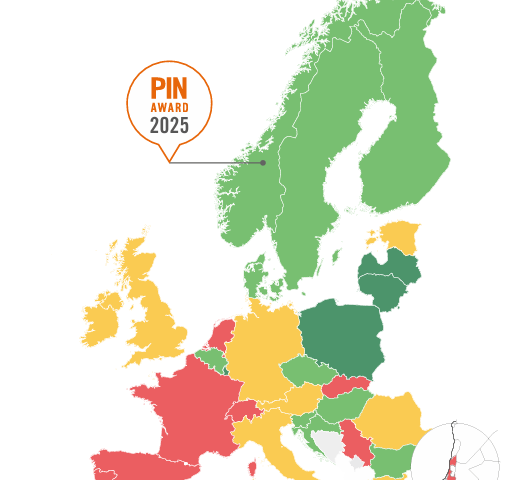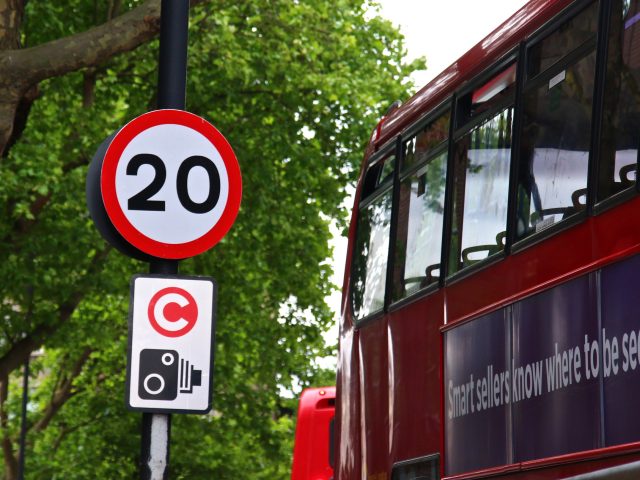Report for the European Commission finds benefits of alcohol interlocks for HGVs outweigh costs
A new report on drink-driving for the European Commission looks at the progress made since 2001 EU guidelines on Blood Alcohol Concentration (BAC) limits were published and suggests mandatory fitment of alcohol interlocks in heavy goods vehicles could be a worthwhile investment.
The researchers found that, since the publication of the EU Recommendation (2001/115/EC), BAC limits in the EU have further harmonised with at least eight countries having introduced a lower BAC level for drivers and 14 for novice and professional drivers. Currently, EU Member States, as well as Switzerland and Norway, have a legal BAC limit of 0.5 g/L or lower. Furthermore, 24 of the analysed 30 European countries apply lower BAC limits (0.0-0.3 g/L) for inexperienced drivers. In addition, most European countries have a BAC limit for professional drivers of 0.3 g/L or lower.
The report says research has shown lowering BAC limits to 0.5 g/L has been effective in reducing road deaths, but it is stressed the effectiveness is also determined by (increased) enforcement of and awareness-raising on these limits.
The European Parliament, in a recent report, called on the commission to update its BAC recommendations and include a « zero-tolerance drink-driving limit framework ».
Alcohol interlocks were among the countermeasures investigated by the study authors. They found that mandatory installation of alcohol interlocks in HGVs could be beneficial. But the authors also note that differing BAC limits for professional drivers in some countries act as a barrier on mandatory fitment of the devices. HGVs cross borders in large numbers and drivers could potentially find themselves over a lower limit in a foreign country despite having been cleared to drive when leaving their home base where a higher limit is in force. However, this barrier could easily be overcome if all countries agreed on the same harmonised limit in this vehicle category. ETSC has long advocated for mandatory installation of alcohol interlocks on professional vehicles.
The authors also looked at cost/benefit ratios for mandatory use of alcohol interlocks for novice drivers and high BAC offenders and rated them highly for these groups – however they say that such action would need to be taken at Member State level, rather than as an EU wide mandate.
From July, all new types of vehicle sold in the EU will need to come with a standardised way of connecting an alcohol interlock, but the devices themselves are not required to be fitted.
One aspect of alcohol interlock use not looked at is the current EU ban on alcohol-dependent drivers being allowed to hold a driving license in the EU. The current rules on driving licenses predate wide spread use of alcohol interlock-based rehabilitation programmes, and therefore leave people with a drink problem that get banned for drink-driving with no legal way of continuing to drive. Many lose their livelihoods as a result, but significant numbers continue driving despite being banned.
Ellen Townsend, Policy Director of ETSC said:
“In the upcoming revision of the driving license directive we would like to see a new limited permit that enables alcohol-dependent people to drive a vehicle with an alcohol interlock fitted, while following a rehabilitation programme.”
The report also looks at the more complicated area of drug-driving enforcement. Amongst its recommendations is the suggestion that international standards should be developed for drug screening devices along with guidelines for roadside testing and laboratory testing. Harmonising standards in these areas would bring down the costs and complexity of drug-driving enforcement.







